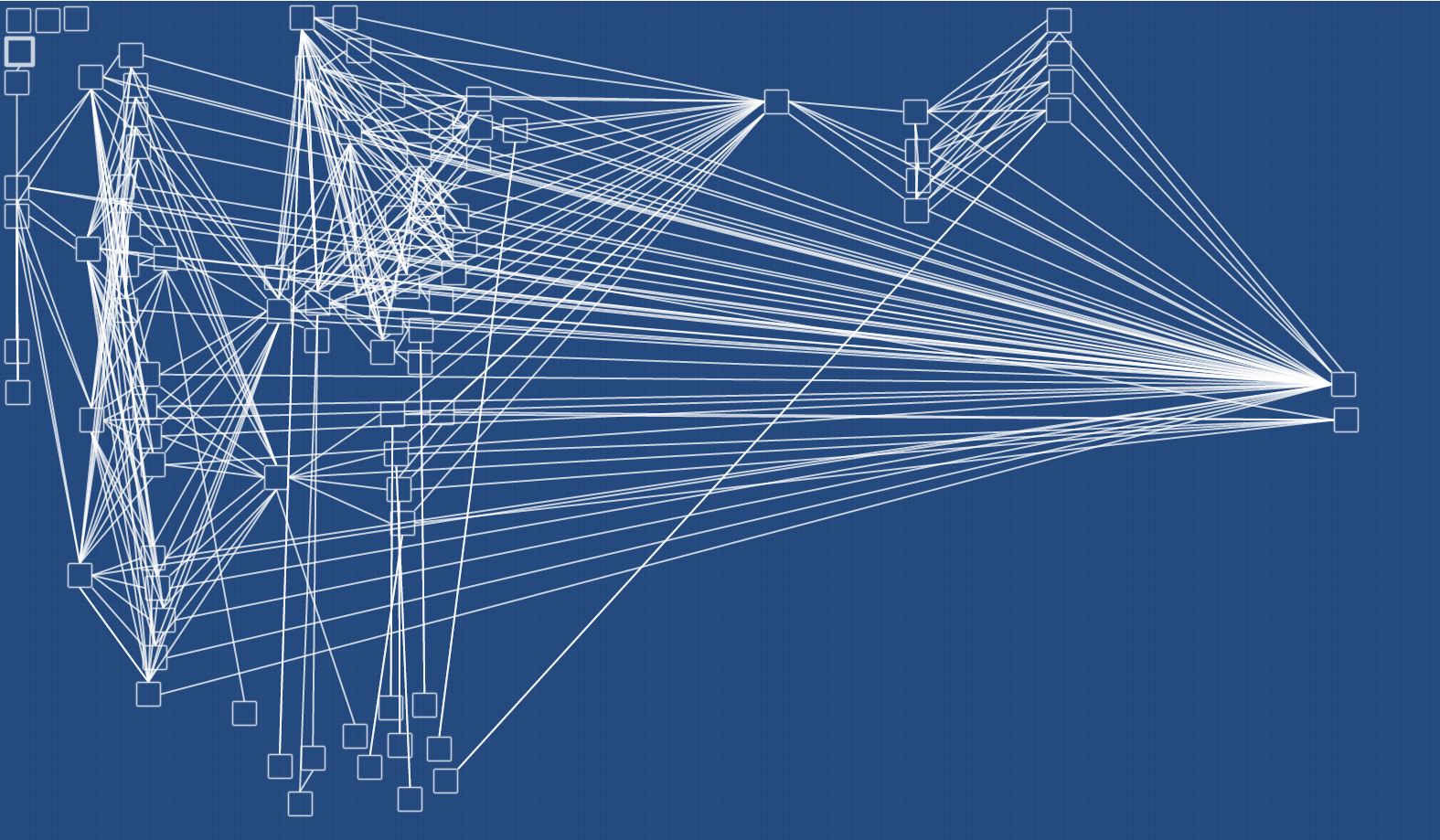
Bloom; a Game About Surviving
When you have a chronic illness, it starts to become the core of your being. It becomes hard to not let your illness define you, to actually live a life. It also becomes hard to explain your experiences to your healthy friends and family and I’m somewhat glad that I have friends with similar experiences for support (though I am not thankful they also have to live with these struggles.)
I’m not sure when I first heard about the interactive narrative tool, Twine, but from the start I had a feeling that, as someone who wants to get into game narrative, it was the kind of thing I’d want to experiment with. My first idea was based around chronic illness, and trying to illustrate what life is when you have one.
And so, I created Bloom.
Remember those old pick-your-adventure books that were all the rage in primary? Twine is similar to that, in a way. You read a passage, and you have links to click to make choices (if there are choices) to continue the game.
The idea of Bloom is simple: You have a chronic illness and you have to navigate your way through a normal, uninteresting day while trying not to run out of spoons. Just like in life, there is no victorious ending; when you fall asleep you then wake up to start again.
The spoons represent your energy, and are based off of the Spoon Theory, by Christine Miserandino. As in real life, you can’t tell how many spoons you have to last a day—the number is hidden so the player might better second-guess every action. Spoons are randomized each time you wake up, the only hint of how many you might have being how you feel when you awaken.

“Gee, Saf, that seems like a pretty annoying feature for your players!”
That might be true, but I wanted to illustrate how frustrating even a basic day is for people like me. I can’t count the number of times I’ve fallen asleep on the kitchen floor in the middle of making lunch because I misjudged how many spoons I had. If a player’s not careful, they might fall asleep in the shower. For them, it’s just a game; for me, it’s a real consequence.
Bloom is relatively autobiographical, so most of the memories you can find hidden in passages are based off of things I’ve actually experienced. If you’re a regular follower of my blog from last year, you might even recognize a series of events that I’ve written about previously.
Alex, who is one of my best friends, has been a huge inspiration to me (and also a great person to yell about chronic fatigue with.) I am not a poetry person, but his poetry manages to always deliver a good gut punch.
So there you have it: my first game. It feels weird to say that, to actually have something in my writing portfolio for once that isn’t just me yelling about Star Wars. Remember that this isn’t all-encompassing for everyone’s experiences with chronic illness, but it’s a bit of an insight into my own dealings with my Chronic Fatigue.
Also, a reminder that I recently got a Patreon to help support my writing and photography. Any money helps to get more creative works like Bloom happening (and trust me, I already have another idea brewing.)
Bonus: two songs of the same name that I listened to a lot while writing Bloom.




2 Comments
Pingback:
Pingback: